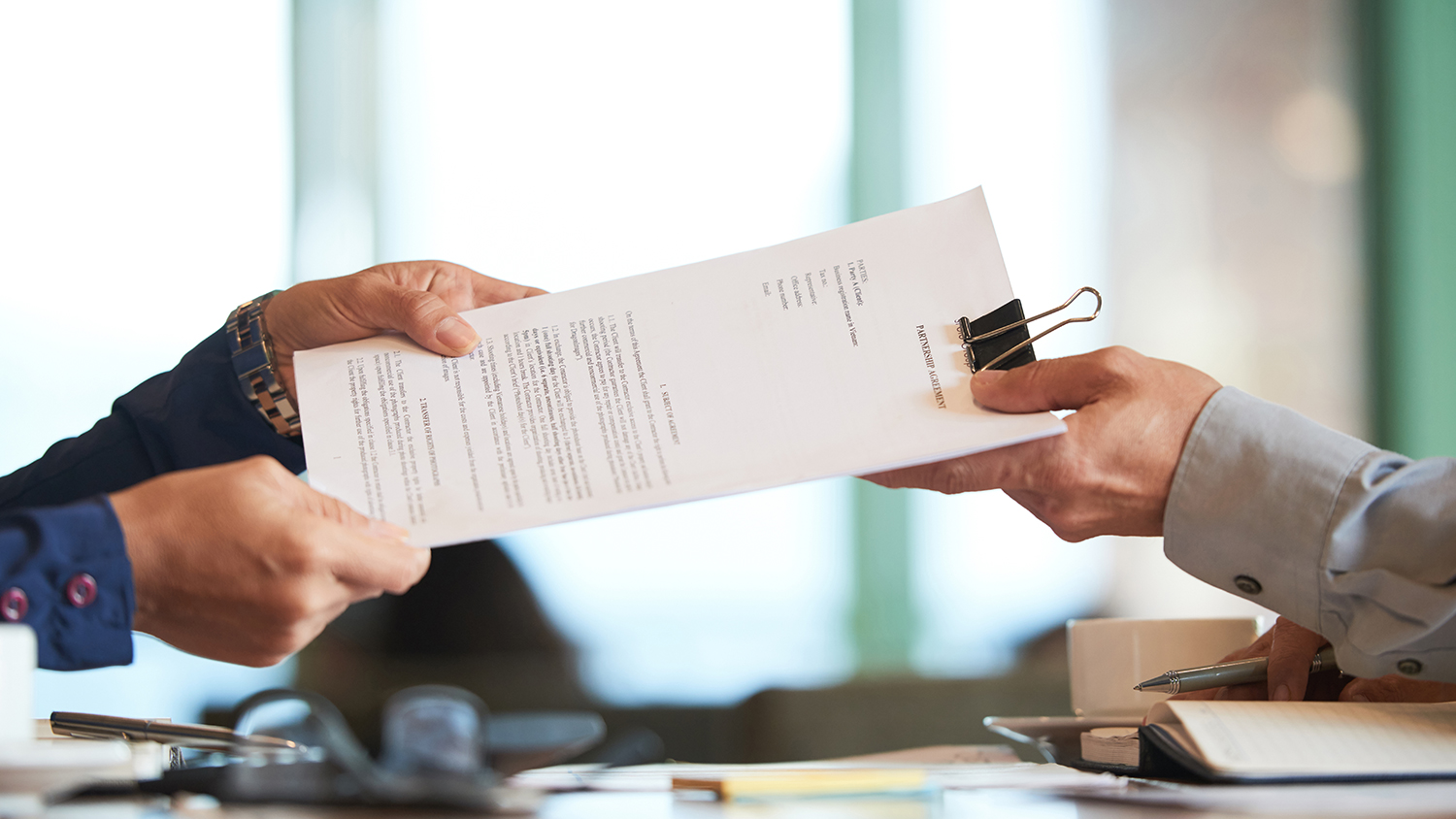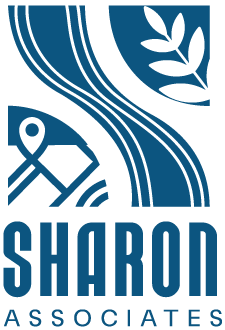What is Liaisoning?
Liaisoning is coordinating, communicating and negotiating with administrative and government officials on behalf of a developer, company or client for timely and smooth approvals and compliance. Liaisoning involves developing good relationships with the officials, knowledge of regulatory requirements and managing documents to achieve the movement of projects without legal or procedural impediments.
In general commercial terms, liaisoning is being the go-between of communication among different stakeholders to facilitate collaboration and resolve matters efficiently. In real estate, the role is especially important due to the multiple layers of government approvals involved.
What is Liaisoning in Real Estate?
Real estate liasoning especially entails taking care of all the statutory approvals, permits and documents to be done at every stage of a property or development project. Real estate liasoning services make sure that the project is as per local municipal laws, state law and central government directives such as:
-
Property plan sanctioning and building permission
-
Land and property registration
-
Environmental clearance
-
Tax payment and clearance
-
Compliance with real estate authorities like RERA.
They save time, avoid legal complications and ensure smooth progress at the construction and post-construction stages.
Importance of Liasoning Services
1. Quick Approvals
It is time-consuming and tedious to handle government apparatus. Professional liasoning consultants know the procedures and have contacts to get approvals for building plans, project registration and license as early as possible.
2. Risk Minimization
Insufficient or lack of approvals may lead to penalties, project delays or litigation. Liasoning services help minimize the risks by ensuring that all compliance and regulatory boxes are ticked prior to project commencement and in the development stage.
3. Cost and Time Efficiency
By eliminating the headache of government coordination from developers, liaisoning consultants help reduce waiting times and avoid costly delays, saving resources and money.
4. Handling Expertise and Documentation
Liaisoning specialists bring together crucial documents, prepare documents to be filed as and when required and pursue the concerned authorities rigorously without forgetting anything.
Liasoning Consultant's Role and Responsibilities
Liasoning consultants are trustable representatives and coordinators of projects. Their typical assignments are:
-
Extensive due diligence to determine all statutory compliances for a project
-
Preparation and filing of applications for permissions, licenses and clearances
-
Coordination with municipal corporations, revenue authorities, RERA bodies, pollution boards and sub-registrar offices
-
Tracking application status and following up regularly
-
Handling objections or queries raised by authorities
-
Organizing property registration and documentation procedures like sale or lease deed registration
-
Post-approval compliance and audit support
-
They have experience in residential, commercial, industrial and township projects.
Liaisoning Process Step-By-Step
-
Project Analysis and Planning: Project needs analysis, document readiness and identify major approvals needed.
-
Document Collation: Get relevant technical and legal documents such as architectural drawings, land deeds, environmental reports.
-
Application Filing: Submit all required applications to relevant authorities in order to rigorously follow formats and standards.
-
Government Coordination: Maintain regular contact with officials, reply to questions, provide additional data, if needed.
-
Follow-up and Status Monitoring: Track application progress regularly to avoid delays.
-
Approval and Certification: On getting approval, procure official sanctions, licenses or certificates.
-
Post-approval Compliance: Ensure periodic compliance with the regulatory standards throughout the life cycle of the project.
Challenges Encountered in Real Estate Liaisoning
-
Constant fluctuations in government policies and regulations.
-
Delays and complexity of procedures by the bureaucracy.
-
Involvement of multiple departments, hence coordination problems.
-
Technical and legal know-how to verify documents.
-
Solving grievances and legal problems while approvals are opposed.
-
Professional liasoning consultants resolve these problems through experience, networks and process efficiency.
In a sector as stringently regulated as real estate, liasoning services are essential to property owners, investors and developers. Skilled consultants are the pivotal interpreneurs between the government authorities and a project to ensure harmonious, punctual and legally compliant progress.
With the help of liasoning services, stakeholders avoid risks, cost savings and delayed project timelines so that they may focus on core development and business growth instead of dealing with all that prickly approval red tape.




